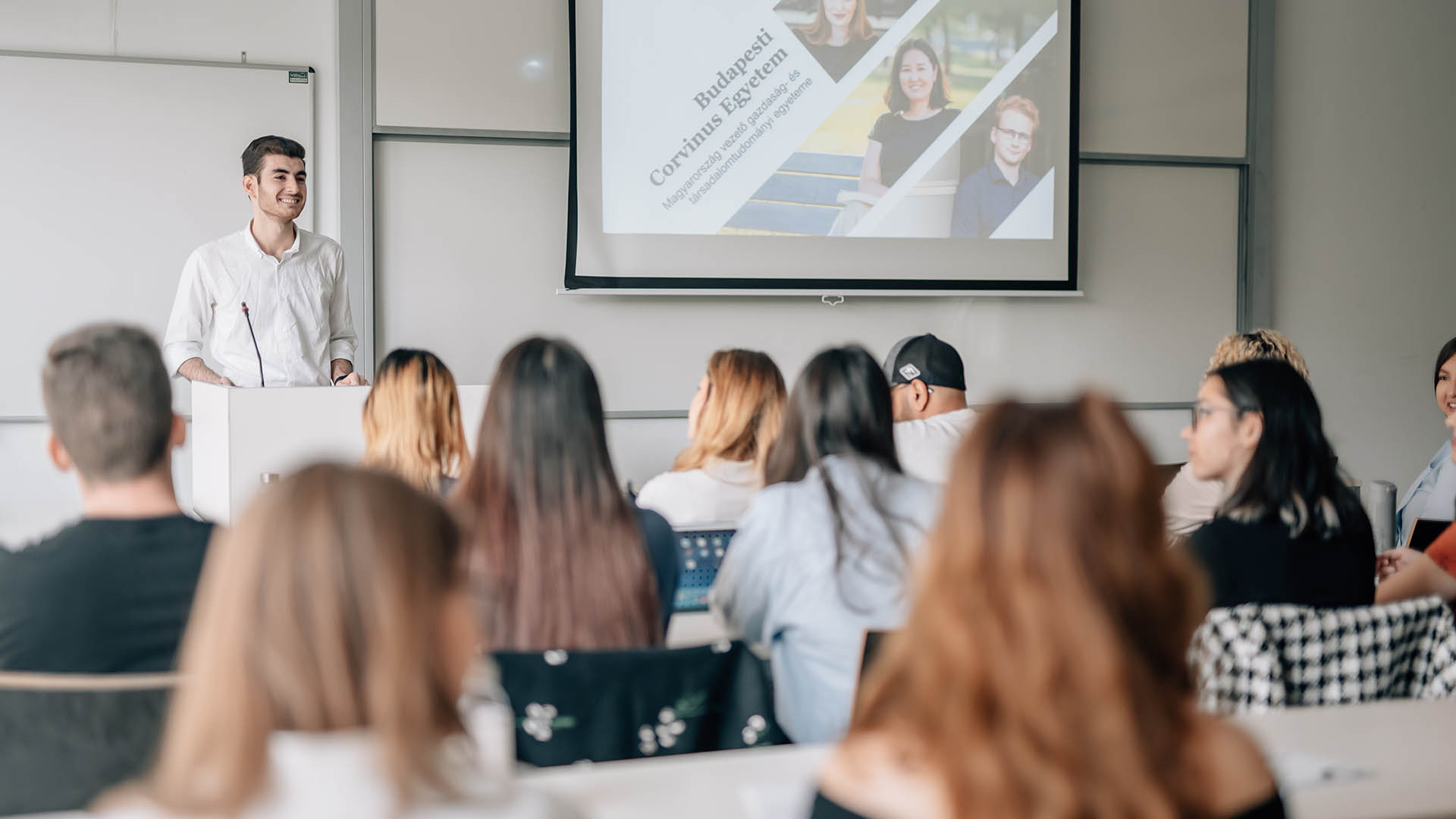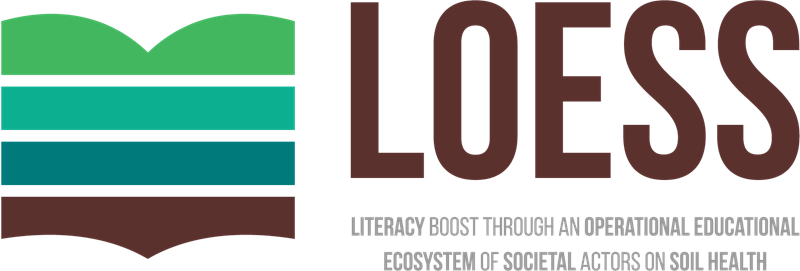Survey to explore teachers’ needs to boost soil literacy – from primary school to university

Do we know that soil is such an important prerequisite for our everyday existence that 95 percent of the food we eat requires some form of soil? Until mid-July, Corvinus University is conducting a questionnaire to find out the current state of soil education and the related needs of Hungarian teachers and educators as part of the 15-country EU project LOESS. The results will be used to develop teaching materials and pedagogical methodologies. The aim is to spread soil literacy for the future of us all.
Do we understand the role of the soil in our lives? Is it common knowledge that a quarter of all species on Earth are related to soil? This topic is the focus of the European Union’s so-called Soil Mission, including the LOESS project, and its national partner, Corvinus University of Budapest. Their common goal is to raise awareness of the importance and functions of soil and to increase soil knowledge across Europe.
“Soil is the foundation of our future and a great ally in the fight against climate change. Yet soil is undervalued, little known to the average person. It is the magic carpet under our feet, the largest carbon sink on Earth, and by retaining water it reduces the risk of flooding, heat waves and drought. But 60-70% of the EU’s soils are degraded and losing more and more carbon. Therefore, soil health must be restored. To do this, we need to raise awareness of the problem and take action,” said Réka Matolay, Head of Professional and Strategic Affairs of Corvinus Science Shop, who is coordinating the Hungarian participation in the programme.
They want to hear the views from primary school teachers to academics
The Soil Mission’s newly launched online survey aims to identify barriers and needs in soil education: whether and how soil health is taught in Europe’s primary and secondary schools, vocational schools and universities. The online questionnaire is available in Hungarian here: LOESS questionnaire on soil health (qualtrics.com). It is anonymous and takes 15-20 minutes to complete, and researchers are waiting for submissions until 19th July. They ask, for example, which parts of soil science the respondent is teaching, from soil compaction to ecological soil management, from causes of soil loss to restoring healthy soil. They assess the methodology used to teach the subject, from project-based learning to field trips and soil exhibitions. They also want to know what teaching materials would be most helpful, from interactive online materials to customisable teaching ideas and collaborations with soil experts, to soil projects that students can get involved in together.
The survey is led by the Austrian consortium partner, the University of Innsbruck, and the Hungarian partner is Corvinus University. The results will provide an overview of the current offer of soil education; identify educational needs related to soil health; and pilot training courses, modules and curricula.
The LOESS Horizon Europe project (LOESS – “Literacy boost through an Operational Educational Ecosystem of Societal actors on Soil health”) was launched a year ago and is part of the three-year EU mission “A Soil Deal for Europe”. It brings together twenty partner organisations to map, co-develop and test methodologies and tools for soil health education in fifteen countries across Europe. Corvinus University of Budapest’s science shop is an associate partner in the project, inviting other actors to join its LOESS Community of Practice (CoP).
The Corvinus Science Shop brings together university citizens and community partners. It develops and disseminates community-embedded teaching and research methodologies to faculty and students in a practical way: connecting them with members of society and non-profit organizations for shared learning and problem solving. In the LOESS project, this pedagogical approach is represented by several partners, with science shops or similar workshops operating in six universities in addition to Corvinus.
